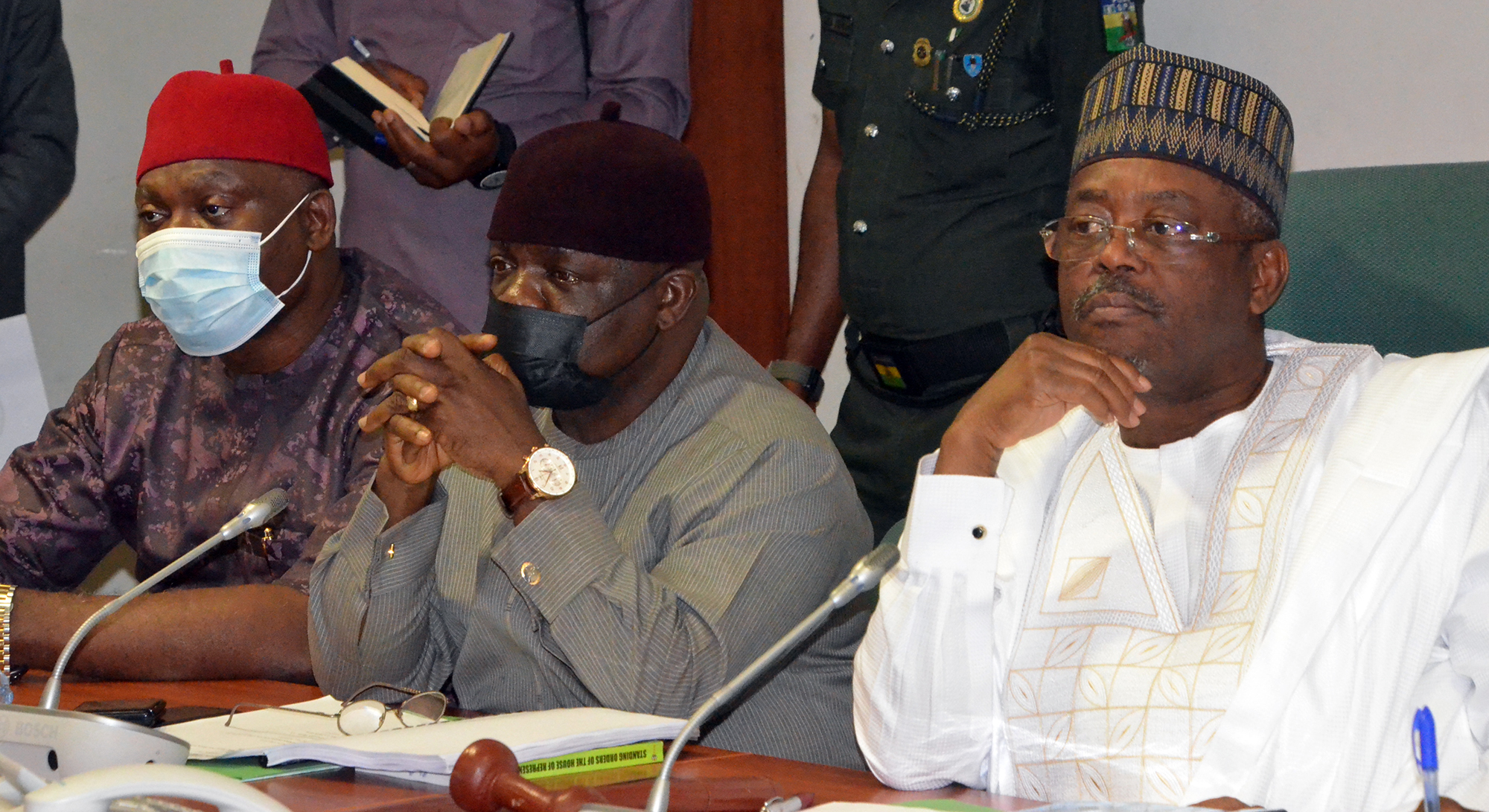Business
High Petrol Price: Regulators Shut Seven Defaulting Depots, To Revoke Licences

The Nigerian Midstream and Downstream Regulatory Authority (NMDPRA) has shut seven defaulting depots and vowed to revoke the licences of petrol marketers selling above the controlled prices, and those hoarding the product in their depots.
Chief Executive officer of the NMDPRA, Mr. Farouk Ahmed, made this vow while speaking in Abuja, weekend.
He explained that in the last few days several depots had been shut down for selling above the regulated prices.
According to Ahmed, the nation still had at least 30-day sufficiency, noting that the global crisis caused by the Russian and Ukrainian war in addition to the fluctuation in the value of the naira had affected the even distribution of petroleum products, particularly from the waterways to the depots through truck-ins to the retail stations.
He stated that several meetings had been held with petrol marketing companies, independent marketers, transporters, the suppliers – Nigerian National Petroleum Company Limited (NNPC) – and other interested parties to see how the distribution bottlenecks could be addressed.
“Now, the market is not deregulated. So, we are still in a regulated environment as far as petrol is concerned,” he stated.
Ahmed continued that President Muhammadu Buhari had approved an additional N10 for transporters to cover the transportation costs as a result of the high costs of diesel, which, he said, is the main source of transporting other products within the country.
He noted further that one of the constraints within the distribution system had been the increase in the bunkers’ freight rate from between $16,000 to $19,000 per day to about $35,000 to $40,000 per day within Lagos and even more to Calabar.
“We sat down with the marketing companies and agreed to give them some palliatives through the NNPC, as well as through our regulatory control areas. But the market has continued to increase the cost of ex-depot prices.
outlet owner, he will say this is how much he bought it from the depot owner. But NNPC Limited is the sole importer. And they sell these products to the marketing companies within acceptable import parity pricing benchmarks.
“So, even with the additional cost of transportation, by trucking or by sea, the acceleration or the increase in the ex-depot price was completely outrageous,” Ahmed explained.
He noted that as a responsible regulator, the organisation was concerned about the yearnings and sufferings of innocent Nigerians who have no voices and had therefore decided to take action, not necessarily to destabilise the market but to strengthen it.
“We had intelligence from other relevant law enforcement agents, in addition to the intelligence information we had within our own system, so we corroborated all the information that we gathered.
“We had to take action, and the first action we took a couple of days ago was to shut down some of the depots where they have products.
“A lot of them have breached that trust or regulatory requirement, but we’ll have to start from somewhere. So we shut down about seven depots in Lagos and other parts. We have shut down Aldova.
“Aldova is under maintenance; so, we shut down where they had their products and they were selling beyond the controlled price and Aldova is a major marketing company. You know, they are getting their products directly from NNPC.
“And they’re also getting it with some level of comfort because it’s not like cash and carry, so they had no reason to increase their price beyond reason. Then, of course, Rainoil in Lagos and all their facilities,” he said.
In Warri, Oghara, Port Harcourt and Calabar, Ahmed added that some depots had also been closed for breaching the rules.
“The next level is the continuation of what we are doing. We have got to a level where marketers understand their responsibility to the consumers. What do you do next? We can revoke any licence.
“We don’t need to shut their depots. We don’t need to shut down their facility or retail outlet. We just have the mandate as a regulator to withdraw or revoke their licence.
“And once we revoke your licence, we notify all the relevant stakeholders that deal with you in the business to also know that if you do not have a licence, if they deal with you, they’re also breaching the regulation and they’re breaching the process and that’s exactly what we are going to do because we cannot continue like this. Nigerians have suffered,” he added.
According to him, the board of directors of NMDPRA had met and agreed and had given the go-ahead to shut down any defaulting facilities.
“We have enough products in the country. As of last night, we had about 30 days sufficiency and I will tell you that about 10 days of that sufficiency is on land and there has been even distribution by trucking,” he added.

